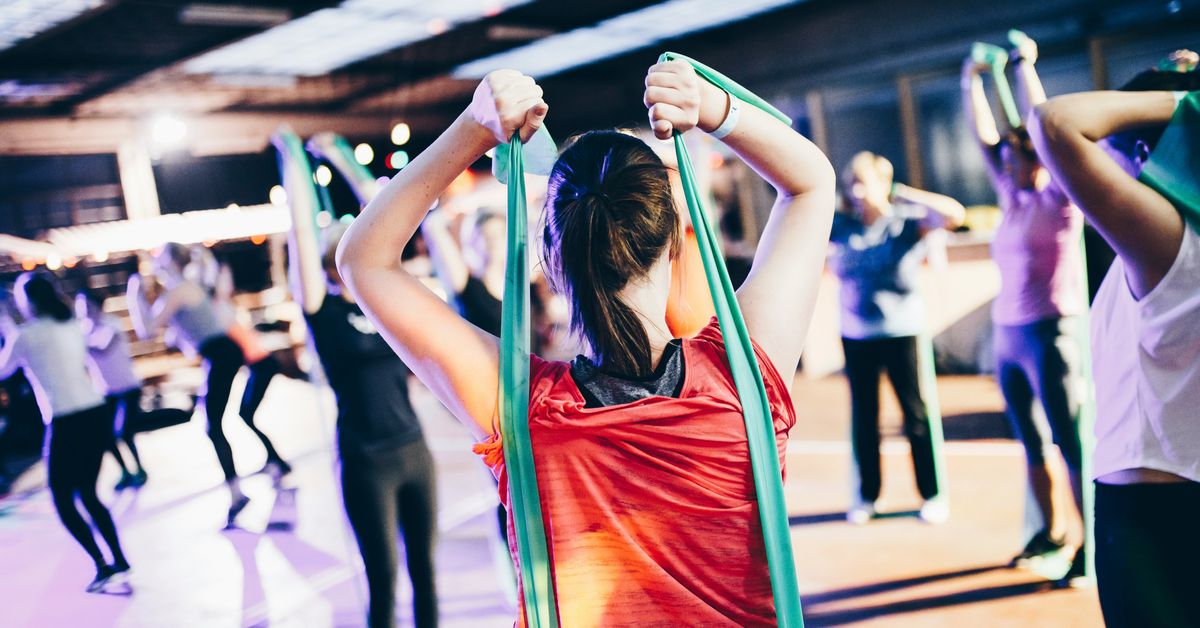Inside the Minds of Champions: What Performance Psychology Reveals
Ever wondered what separates the good from the great in the world of sports? What mystical qualities do champions possess that allow them to rise above the rest? As I’ve spent years covering everything from nail-biting finals to the quieter moments of training, it’s become increasingly clear that the psychological aspect of performance is as crucial as physical ability. Performance psychology, a fascinating field that studies how mental processes influence athletic performance, sheds light on this enigma.
The Mindset of a Champion
To truly understand the champions, we must first dive into their mindset. Champions often exhibit a set of psychological traits that not only enhance their performance but also help them cope with the pressures of competition. Let’s explore a few of these key traits:
1. Resilience
Resilience is essentially the ability to bounce back from setbacks. Take Michael Jordan, for instance—his infamous cut from his high school basketball team could have derailed his career before it started. Instead, he channeled that disappointment into determination, famously stating, “I’ve missed more than 9,000 shots in my career. I’ve lost almost 300 games. Twenty-six times, I’ve been trusted to take the game-winning shot and missed.” Resilience is a trait that allows champions to view failures as lessons, not dead ends.
2. Focus
Champions possess an extraordinary ability to focus on the task at hand, often referred to as “flow.” This state of flow can lead to peak performance, where athletes experience a sense of effortless involvement. Think of Usain Bolt at the 2008 Olympics—his concentration was so intense that he seemed to glide through the competition. Research shows that athletes who can maintain focus, especially during high-pressure moments, are more likely to succeed.
3. Goal Orientation
Setting clear, achievable goals is another hallmark of champions. Whether it’s breaking a personal record or winning a championship, having specific targets aids in motivation and provides a roadmap for success. This is something I remember vividly when I spoke to a college swimmer preparing for her final meet. She had meticulously laid out her goals, not just for the competition day but for every practice leading up to it. The clarity in her aspirations was palpable, and it was clear that her mindset was already geared towards victory.
The Role of Mental Conditioning
Now that we’ve identified some key traits of champions, let’s discuss how they cultivate these mental qualities. Mental conditioning is akin to physical training; it requires dedication and consistent practice. Coaches and sports psychologists often develop tailored programs to enhance mental toughness and overall performance.
Visualization Techniques
One popular method is visualization. Athletes are taught to imagine themselves performing successfully, which can significantly boost their confidence and decrease anxiety. For instance, Olympic diver Tom Daley has spoken about how he visualizes each dive before he executes it. “I see myself in my mind’s eye doing it perfectly,” he once mentioned. Visualization not only prepares the athlete for the actual event but also creates a mental blueprint for success.
Mindfulness and Relaxation
Mindfulness techniques are also gaining traction among elite athletes. Mindfulness involves being present in the moment and can help reduce performance anxiety. A study from the University of Exeter found that athletes who practiced mindfulness experienced lower levels of stress and improved their performance. For a moment, think about the pressure of standing on the starting line—these techniques can ground an athlete amidst the chaos. (I remember watching a tennis match where the player took a deep breath before serving; it was like a reset button for him.)
Self-Talk
Self-talk is another powerful tool. What athletes say to themselves can influence their performance significantly. Positive affirmations can boost confidence, while negative self-talk can derail focus. I recall interviewing a marathon runner who shared how he repeats phrases like “I am strong” during tough stretches of the race. It’s a simple yet effective strategy that many champions swear by.
Case Studies in Performance Psychology
Looking at real-life examples helps illuminate how performance psychology plays out in the field. Let’s take a closer look at a few champions who have harnessed these psychological tools to their advantage.
Serena Williams: A Mental Giant
Serena Williams is not just a remarkable athlete; she’s a case study in resilience and mental fortitude. Throughout her career, she has faced immense pressure, both from the media and within herself. In 2018, after a controversial loss in the US Open final, Williams turned to therapy and mindfulness to help navigate her emotions. “I had to learn to be more gentle with myself,” she noted in an interview. Her willingness to confront her mental barriers has been a key factor in her ongoing success.
Tom Brady: The Art of Focus
Then there’s Tom Brady, whose name has become synonymous with success in the NFL. Brady’s focus is legendary. He often engages in rigorous mental conditioning exercises, emphasizing the importance of staying present. In an age where distractions abound, Brady’s ability to concentrate on his goals—whether it’s leading a game-winning drive or maintaining peak physical fitness—has played a significant role in his longevity as a quarterback. “I just try to keep my mind clear and focused,” he once remarked, a mantra that has served him well throughout his illustrious career.
Phelps and the Power of Visualization
Let’s not forget Michael Phelps, whose 23 Olympic gold medals are a testament to both physical prowess and mental strategy. Phelps relied heavily on visualization techniques, often picturing himself swimming perfectly before races. His coach, Bob Bowman, emphasized the importance of mental preparation, stating, “It’s not just about the physical practice. It’s about preparing your mind, too.” Phelps’ success illustrates the profound impact that mental conditioning can have on performance.
Overcoming Mental Barriers
Despite their successes, even champions face mental barriers that can impede their performance. Anxiety, fear of failure, and self-doubt can creep in, regardless of past achievements. The challenge is learning how to confront and overcome these mental hurdles.
Identifying Triggers
Recognizing what triggers negative thoughts is the first step in overcoming them. Athletes often work with sports psychologists to identify these triggers and develop coping strategies. For instance, a soccer player might notice that his anxiety spikes before big matches. By addressing these feelings head-on—perhaps through journaling or meditation—he can learn to manage his anxiety more effectively.
Building a Support Network
A strong support network is vital for athletes. Coaches, teammates, and family can provide encouragement and perspective during tough times. I remember a poignant moment when a basketball player spoke about how his teammates rallied around him after a poor performance, reminding him that everyone has off days. That camaraderie can make all the difference in overcoming mental barriers.
The Future of Performance Psychology
As our understanding of the mind continues to evolve, so too does the field of performance psychology. With advancements in technology and research, athletes now have access to a wealth of resources to enhance their mental game.
Wearable Technology
Wearable technology is becoming increasingly popular among athletes, offering insights into everything from heart rate to stress levels. Some devices even incorporate biofeedback mechanisms that can help athletes monitor their mental states during training and competition. Imagine a runner receiving real-time feedback on their stress levels—how cool (and a bit sci-fi) is that?
Integrating Psychology into Training
Moreover, more sports organizations are incorporating mental conditioning into their training regimens. Players are no longer just training their bodies; they are training their minds. This holistic approach reflects a growing recognition that mental and physical performance are deeply intertwined. As one sports psychologist aptly put it, “The mind is a muscle that needs to be trained just like the body.”
Conclusion: The Unseen Game
In summary, the world of sports is not just about physical prowess; it’s a complex interplay of mental strategies and psychological resilience. Champions, through their unique mindsets and dedicated mental training, have shown us that the unseen game—played within their minds—can often be the most pivotal one. It’s a game that requires practice, patience, and a healthy dose of self-belief. Whether you’re an aspiring athlete or just a fan, it’s crucial to recognize the power of the mind in achieving greatness.
As we continue to analyze the minds of champions, I can’t help but wonder: what other secrets lie beneath the surface? Perhaps the next great champion is already training, not just their body, but also their mind, ready to redefine what it means to be a winner. The journey is far from over; in the realm of performance psychology, there’s always more to discover.




